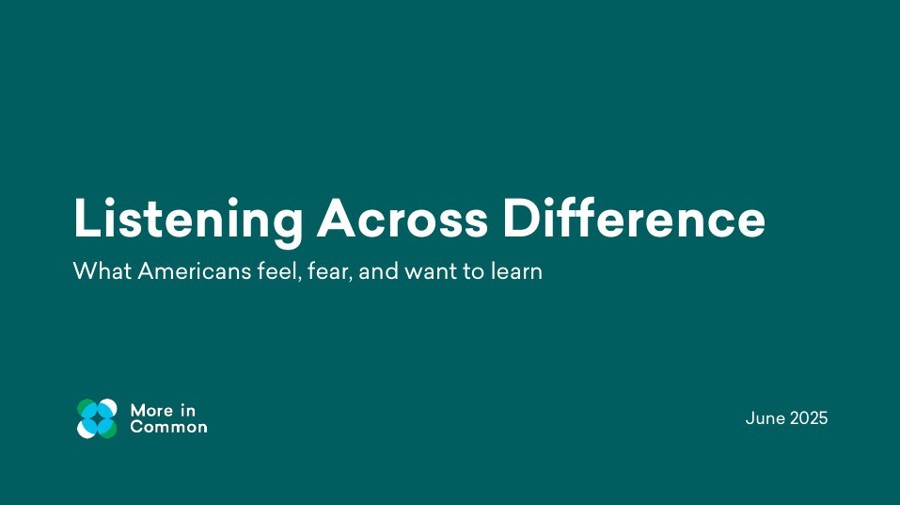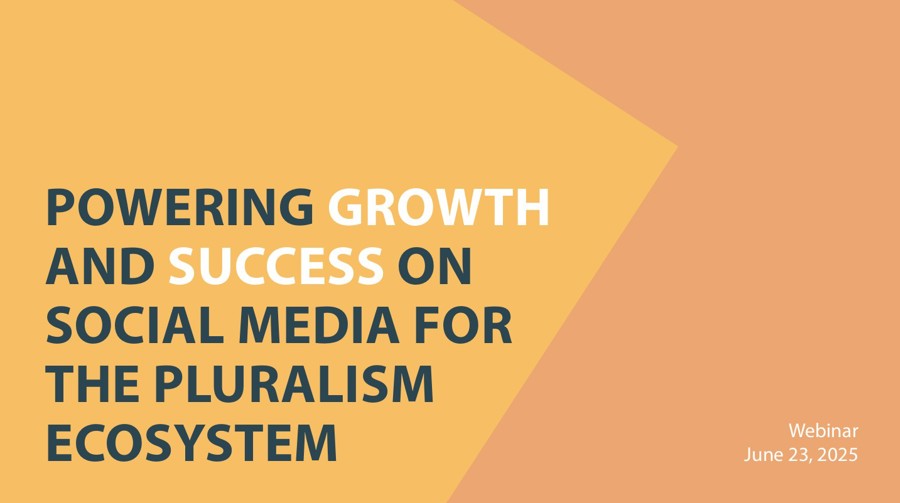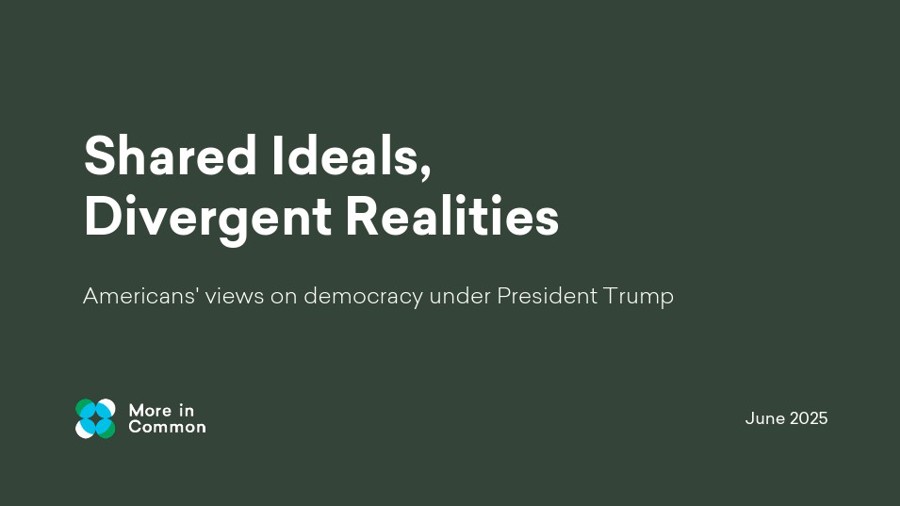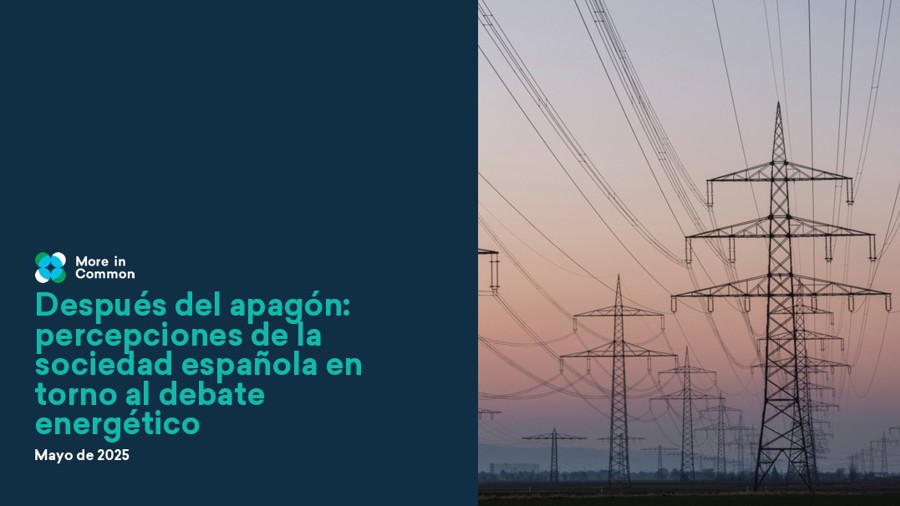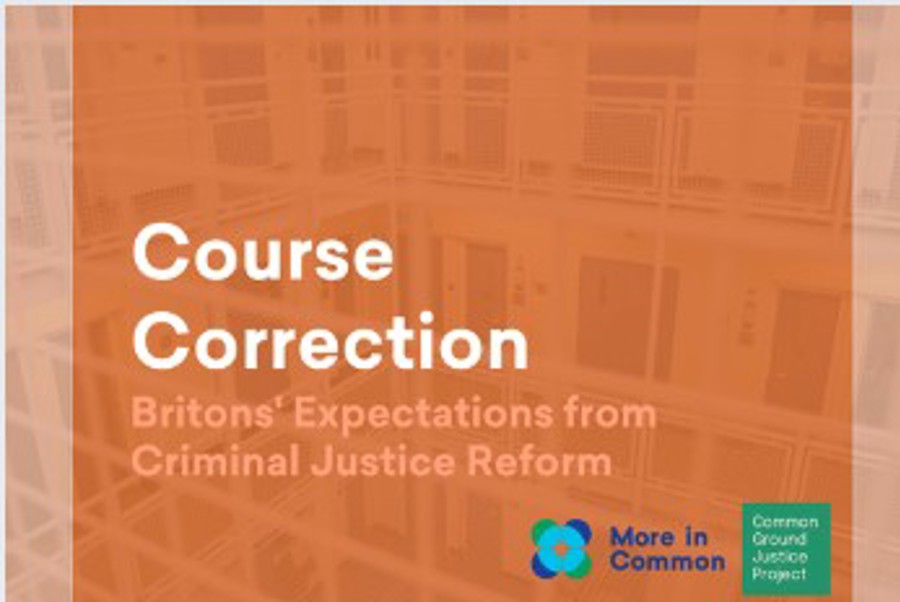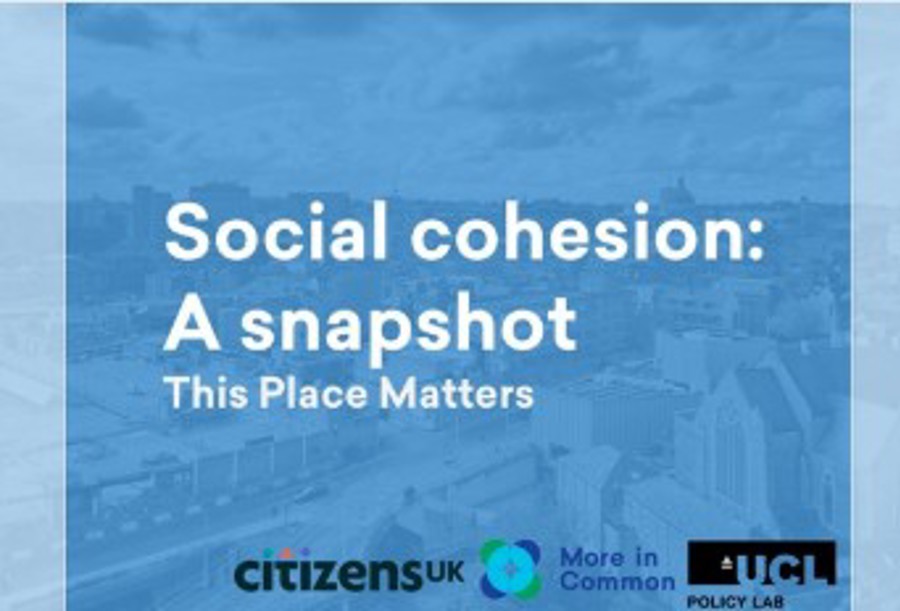More in Common took shape from work undertaken since 2016 to understand why so many societies were dividing around debates about their identity and belonging, and why people were being increasingly persuaded to see debates about immigration, refugees and diversity through the lens of ‘us-versus-them’. Since then, we have broadened our research agenda and incorporated several layers of social psychology research to provide a deeper analysis of the different factors contributing to polarization and social fracturing.


